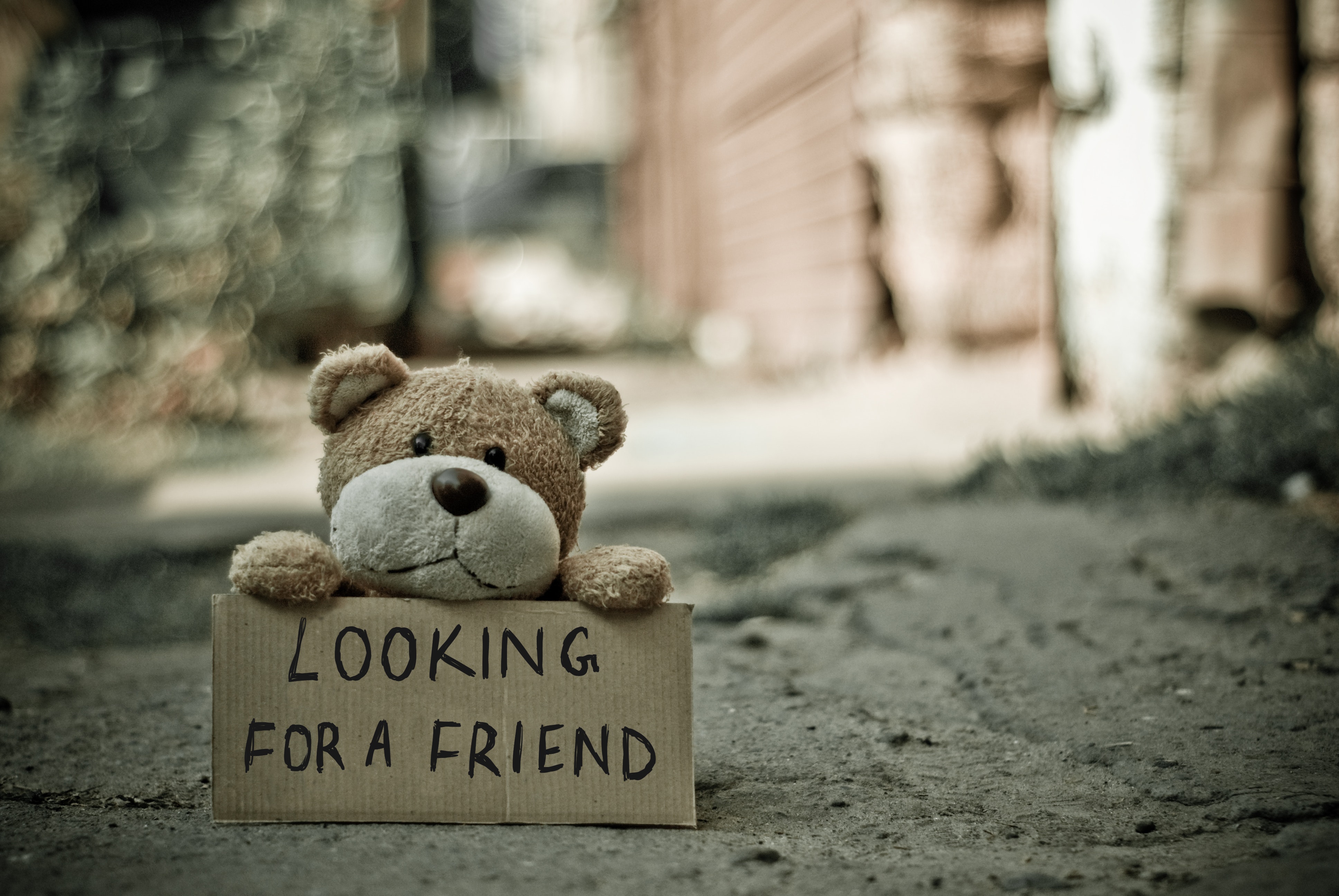Are you lonely?
If so, you’re not alone. We’re going through a ‘loneliness epidemic’, and the evidence is clear to see in nearly every social situation, from dinner parties with friends, to family get-togethers, to even a date: people on their phones, failing to connect with each other.
We’re addicted to the tools that are supposed to help bring us together, like social media and dating apps. But often, instead of connecting us, they push us apart – resulting in feelings of missing out, ostracism from what we perceive as ‘normal’ society, and slowly evolving siloes of disaffection and hate.
It’s a problem created by tech, and one that we’re trying to fix with tech solutions: like apps to encourage better mental health, meditation, friendship networks, or access to professionals who can help.
Some of these band-aids may provide some relief, but they don’t fundamentally solve the physical connection lacking in many people’s lives. In addition, they don’t help us understand what this epidemic is already doing to society now.
My company, Streetbees, gathers information from people around the world, who share with us how they feel and what they are up to. Machine learning and natural learning processing is then used to work out why they do what they do, and what it means.
This research shows that elements like context and mood predict about 75% of someone’s consumption decisions, while demographic factors (like who they are) are only responsible for around 25%. That goes against conventional thinking (as market research historically looks at how old you are, where you come from and how much money you make to understand you – not how you feel).
But the real kicker is according to what we’ve found, negative moods – like being sad, or lonely – have a much bigger effect on what we do than happy ones.
For example, when happy people are about to eat ice cream, about half of them consider another choice – perhaps something healthier. But when unhappy people do the same, less than 1 in 4 think about a different choice; they’re set on ice cream as a temporary solution to their problems.
Deeper down, there’s something even scarier going on: a large group of people who report feeling lonely, and eat ice cream or other foods as a fix – even when they are with other people at the time:
‘I’m tired, depressed, and very lonely,’ a middle-aged woman, watching TV with her two children in the early afternoon, said. ‘I’m eating yoghurt as a snack before dinner, it’s delicious and a good substitute for my sugar craving.’
Similarly, a 50-something woman, who lives with her adult children but was watching TV alone at 7pm, said she felt ‘sad, lonely and afraid. She was drinking wine as ‘I need a comfort – and I wanted alcohol.’
These are selected examples, but they get across the point; loneliness can play a substantial part in governing what we eat, affecting our overall health. And tech is exacerbating the situation.
We often say that we are scared of what tech is doing to society, but it’s usually related to concerns about our data, or being run over by swarms of self-driving cars, or smart robots or AI taking our jobs.
We’re much less concerned about how it’s making us more lonely and creating poor life decisions – but isn’t this a much bigger problem, happening in front of our eyes right now?
It’s also being almost totally neglected by big companies and brands (some pet food companies – like Mars Petcare – excepted).
And yet fixing this (or, at least, providing products that speak better to people’s needs) – is an opportunity; and one that, if we don’t take, will have ever increasing consequences for us all.


